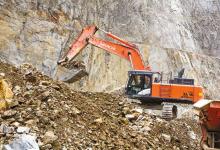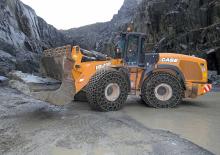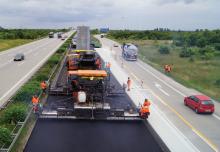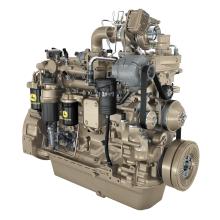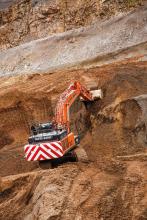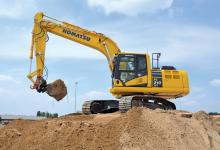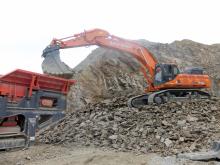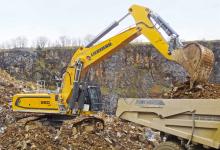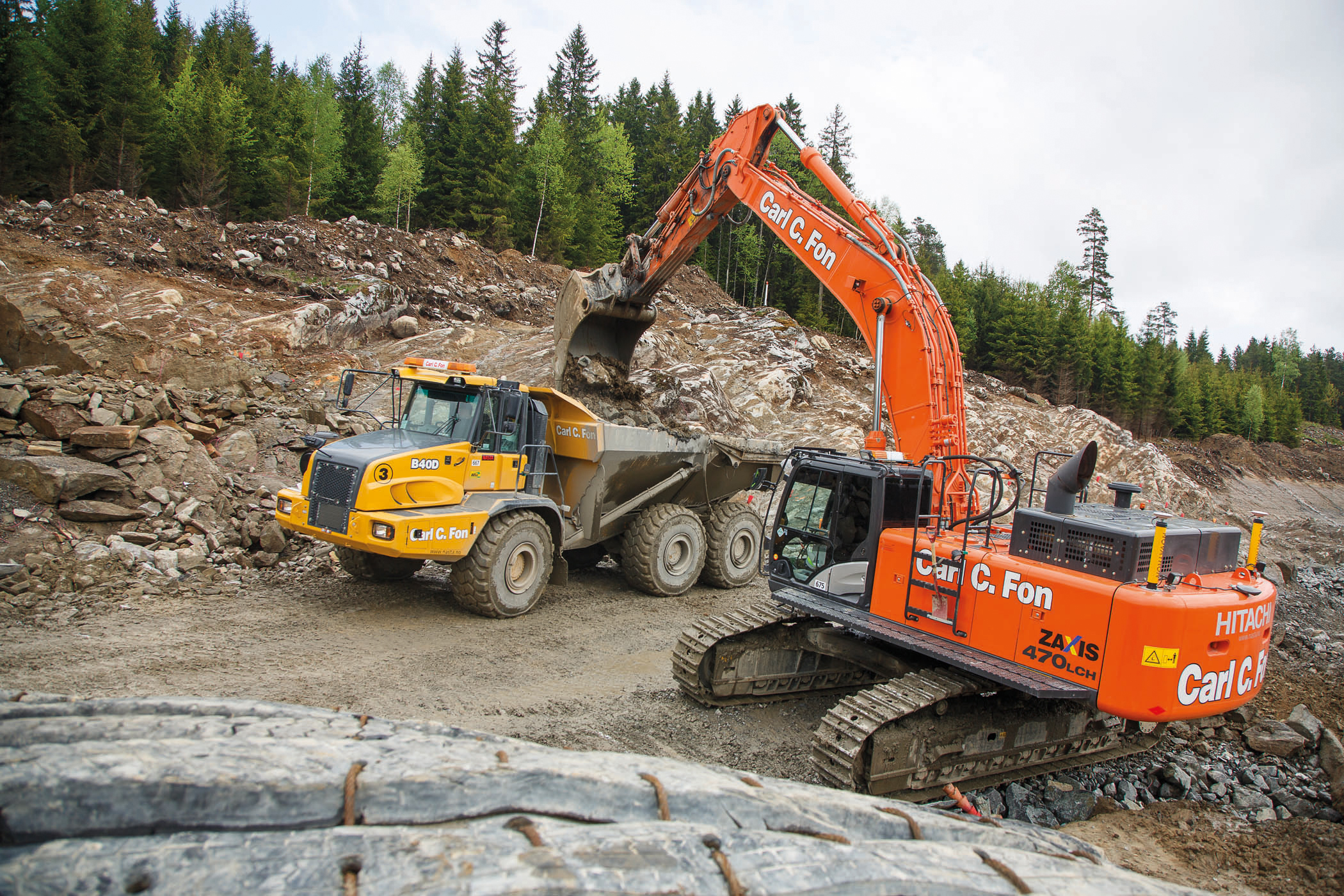
The latest range of Hitachi Zaxis-5 excavators is being used to trial the liquid fuel as a solution to environmental and quality concerns surrounding conventional crude oil-derived diesel.
According to HCME there is a growing lobby within the European construction industry, and society at large, for the use of cleaner burning fuel products. This is in response to the increasing importance of new technology to satisfy EU Stage IIIB engine emission regulations (Hitachi uses a number of sophisticated technologies) to meet the latest standards) and the manufacturers’ CSR (corporate social responsibility) activities that strive to reduce the environmental impact of their products.
Shell GTL Fuel, produced from natural gas in a chemical transformation process, is said to be colourless, almost odourless, highly biodegradable and can help to reduce local emissions and engine noise (in certain types of engines and under certain driving conditions). It is also said to burn more cleanly, and produces fewer nitrogen oxides, sulphur oxides and particulate matter than regular diesel.
HCME switched over to Shell GTL Fuel for the first fill of the machines at its Amsterdam, Holland, factory in May 2013 with the aim of achieving a consistently high level of fuel quality.
“Shell GTL Fuel is compatible with existing diesel technology and supply infrastructure,” says Igor de Liefde, who is responsible for product regulations in HCME’s Engineering Department.
“This means that we can use it in existing fleets, for both new and older heavy-duty diesel engines, without the need for any modifications, cleaning of fuel systems or additional investment. This makes it a cost-effective, easy-to-use and -implement solution, which importantly doesn’t add complexity to a customer’s business.”
HCME has been using a ZX210LC-5 medium excavator for a Shell GTL Fuel storage stability test. The purpose was to run the engine for the minimum amount of time, so that the fuel was stored for as long as possible in the tank under the most demanding conditions. These equate to long-term storage under various ambient conditions, from winter through to summer, with the occasional warming up of the engine for a short period of time.
In addition, HCME and Shell sanctioned a cold operability test with two Stage IIIB-compliant ZX470LCH-5s in Norway earlier this year. They are owned by one of the country’s largest Hitachi customers, Carl C Fon, which was engaged on a significant road construction project. The temperatures plummeted to -20°C on the demanding site, which were deemed as ideal conditions for the test.

